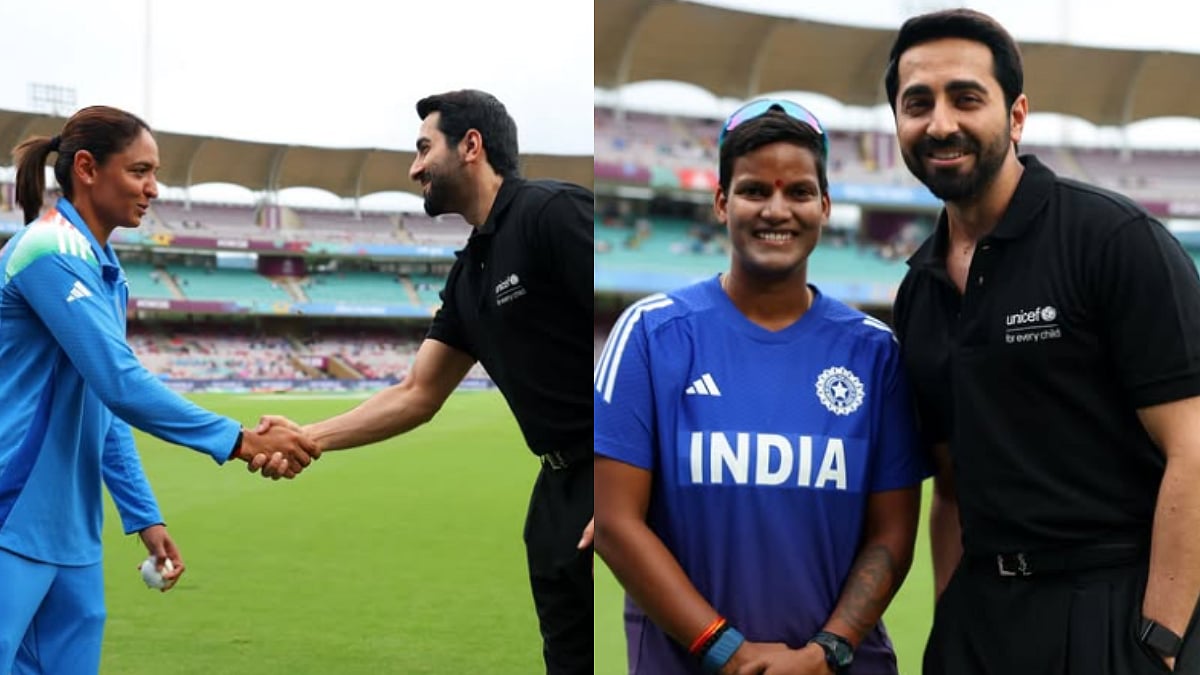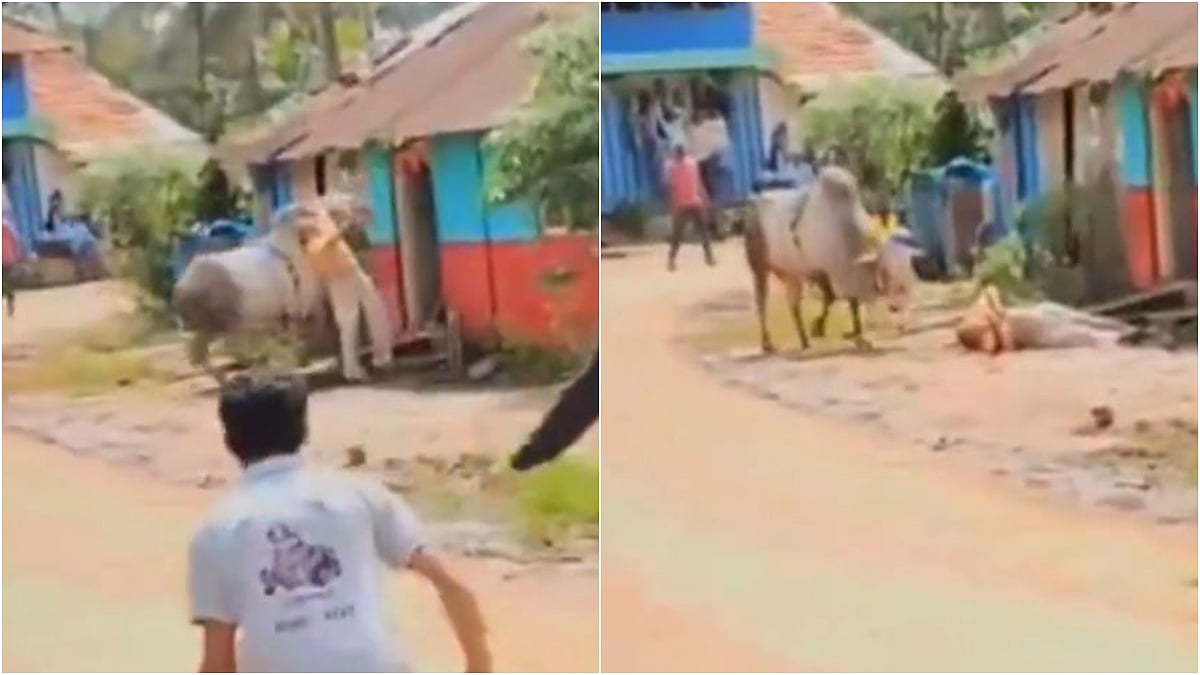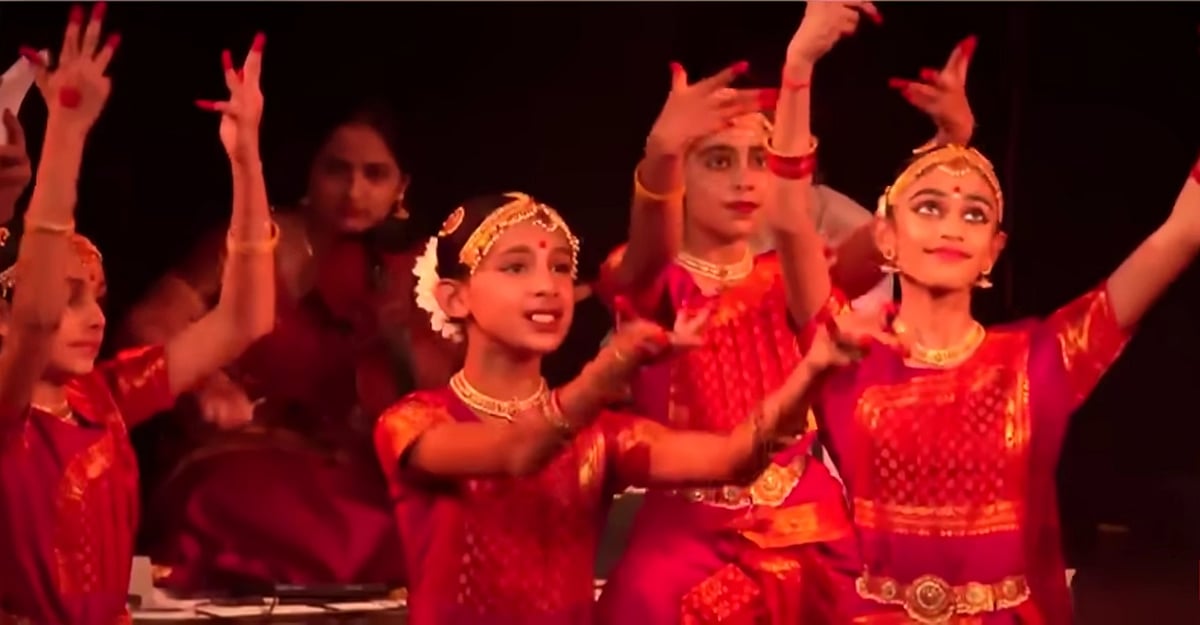Singer Laqshay Kapoor recently crooned the song Dil Se Dil Tak for Bawaal, which starred Varun Dhawan and Janhvi Kapoor in the lead. The song played a crucial part in the Nitesh Tiwari directorial's narrative and it resonated with the masses as soon as it was released by the makers and at present, it has clocked over 11 million views on YouTube alone.
The Free Press Journal caught up with Laqshay for an exclusive chat wherein the singer spoke at length about bagging the song, the Auschwitz controversy which surrounded Bawaal, current state of independent artists, and more.
Excerpts:
How was your experiece working on Dil Se Dil Tak for Bawaal?
It was amazing! When I first heard the song, I thought it was a very different, a very genre-defining song. It was a big experiment, a big risk, as this song is very unique and innovative. It is not like the same structural songs which keep releasing today. So I knew that if this song works, it would define its own genre.
How did you come on board Bawaal and the song?
I guess it's destiny. When I sang the scratch, it came out so beautiful. And when the music and production was done, my voice was suiting the song so much that the makers just could not replace me. It was like the song was made for me. They needed that freshness, that new tone, and I had it, so it worked out for everyone.
Bawaal courted controversy over its Auschwitz dialogue. What do you have to say?
If we start finding controversies, then we would find it in every movie. But we need to understand that the core purpose of the makers and actors was never biased. It was just to tell a story. So I feel the chatter is just nonsense.
How would you describe the current state of music industry?
I feel the music industry is actually changing shape. Independent music is coming up. Film music will always be there, but now both the genres are working hand in hand. New independent artists have a bigger platform now. If independent music was not growing at this speed, we would not have had a Sidhu Moosewala, AP Dhillon, or even Badshah for that matter. They were always there, but now the number of songs and their reach has increased.
The inner, deeper secrets of the music industry are shady sometimes though. No one can call a song hit or flop until it's sung by people and people know the lyrics by heart. Numbers can be shown, it can be bought and manipulated. So if there's a song which I've never heard claims to have 500 million views on YouTube, then I know there is something shady about it.
You have worked with some of the top actors and production houses. How do you feel about that?
The kind of person I am, I feel really high about myself. I look up to myself. And I believe if you don't feel that you deserve something, then you definitely don't deserve it. I always knew this is something I deserve and I just had to keep working hard. Right now, I don't really get that overwhelming feeling that my voice is behind the face of some actor, but 3-4 years back, it would be a huge deal for me. Now I know everything that's happening is for a reason. It's a blessing from God, but I also know that I deserve it. So my focus is just to keep getting better at my art and keep growing.

What are your upcoming projects?
I have quite a few music videos. I'm not somebody who does music videos every month. I take my own sweet time to make good songs and decent videos. I'm hoping they reach the audience soon.
As for film songs, you never know. I can just keep dubbing and trying. In India, it has always been a pattern that there are a few voices which work at a given point. Today, every producer's first choice is Arijit Singh. It's not even legends like Sonu Nigam or anybody else. Because that sound and tone is working today. So people at my stage can't really be sure about film music and hence, we are trying to set that tone through independent music.









